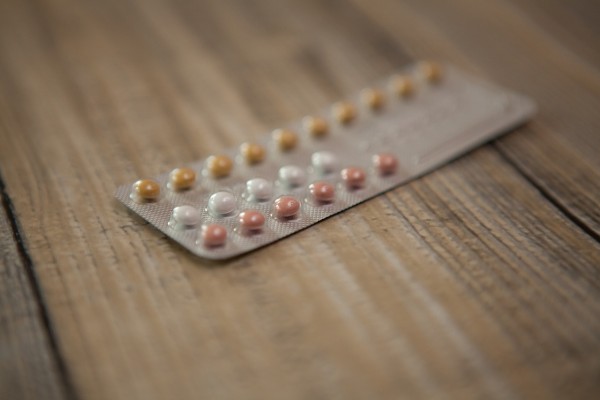
Even though female fertility declines with age, many women need birth control options well into their 40s and 50s. Given the increased risks of pregnancy complications over 40, this is the time to get serious about your birth control options and how your body's needs have changed over the last couple of decades. Here are some of the best birth control methods older women should consider.
The Pill
In the past, women over 40 were discouraged from continuing to take the pill because of the levels of estrogen. Those estrogen levels, however, have been drastically reduced in many of today's combination birth control pills. Even women with estrogen sensitivities have the option of progestin-only pills, which is often considered the better choice for those in their 40s and 50s because they don't increase the risk of blood clots.
Many older women prefer the pill not only because it's convenient, but because it offers a range of other benefits, including:
-
Reduced risk of bone thinning and hip fractures
-
Regular periods
-
Reduced risk of ovarian, endometrial, and colorectal cancers
-
More controlled hot flashes
Intrauterine Device (IUD)
IUDs are T-shaped pieces of plastic or copper wire that your doctor inserts into your uterus to prevent pregnancy. An IUD is often considered the ideal birth control method for women over 40 because it's long-acting, reversible, and effective.
There are many estrogen-free and hormone-free IUDs, including copper IUDs and IUDs with levonorgestrel, a progestin hormone that can make heavy periods lighter. IUDs with levonorgestrel can prevent pregnancy for up to 5 years while copper IUDs can last for up to 10 years.
Contraceptive Implant
The contraceptive implant is another progestin-only birth control method that's great for older women. You'll need to visit your doctor to have the matchstick-sized device implanted under the skin of your upper arm, and it can remain there for up to three years.
Best of all, implants offer one of the highest levels of effectiveness at preventing pregnancy. Nexplanon, for instance, is more than 99% effective, which puts its efficacy right up there with tubal ligation!
The Shot
Birth control shots such as Depo-Provera only contain the hormone progestin, which is good news for women over 40. The shot works by thickening the cervical mucus so the sperm can't pass through. You or your doctor injects the shot into your upper thigh area or stomach every 12 to 14 weeks.
Since the shot lowers the hormones responsible for abnormal tissues, it's a highly prescribed option for women with endometriosis. The shot may cause bone density loss, however, which can put you at an increased risk of fractures and osteoporosis. The longer you are on the shot, the greater your risk. If you want to try the birth control shot but want to avoid these risks, avoid using it continuously for more than two years.
Your birth control needs change as you age, so why use the same methods as you did in your 20s? Talk with your health care provider or a telemedicine specialist about your contraceptive options. Companies such as Nurx make the process easy by discussing your options, filling your prescriptions, and shipping it directly to your door. You can even enjoy automatic renewals and refills so you never have to worry about being unprotected.

